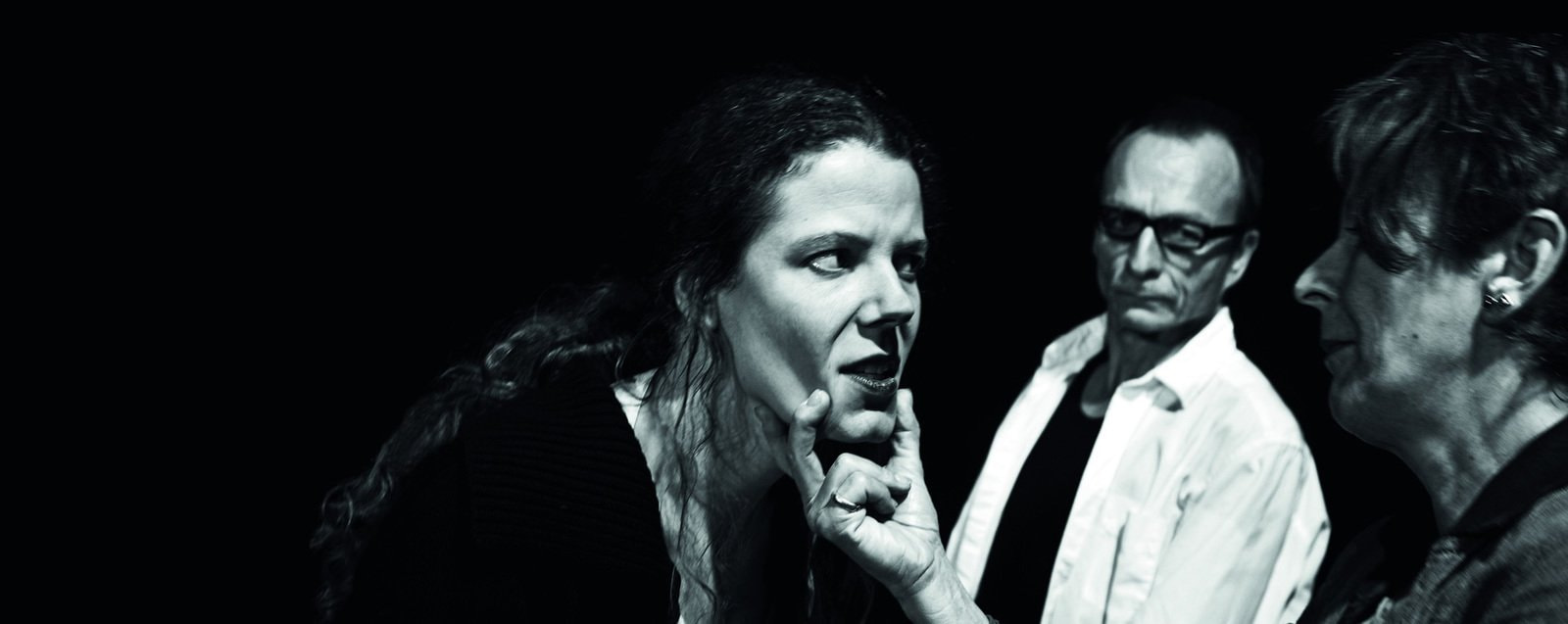Jean-Paul Sartre’s philosophy reflected in his fiction will be analyzed in the next lecture.
The characters of Sartre’s play No Exit go to hell, although there are no devils, boiling oil, or physical tortures. Life has been lived, and nothing can be changed. Freedom of choice is lost. An effort to be in charge of it is impossible. Had it been achievable to forget the immoralities of the past above all, enjoying eternal life would become possible. However, an individual is forever surrounded by other people in the same condition, who become ingenious and sophisticated executors of their neighbors, not allowing them to forget. This play is based on one of the key ideas of existentialism: human beings have free will and bear responsibility for all of their actions, while maintaining their essence incomplete throughout their lives.
“…[GARCIN moves away from ESTELLE and takes some steps across the room. He goes to the bronze ornament.] GARCIN. This bronze. [Strokes it thoughtfully.] Yes, now's the moment; I'm looking at this thing on the mantelpiece, and I understand that I'm in hell. I tell you, everything's been thought out beforehand. They knew I'd stand at the fire-place stroking this thing of bronze, with all those eyes intent on me. Devouring me. [He swings round abruptly.] What? Only two of you? I thought there were more; many more. [Laughs.] So this is hell. I'd never have believed it. You re-member all we were told about the torture-chambers, the fire and brimstone, the "burning marl." Old wives' tales! There's no need for red-hot pokers. Hell is—other people!”
(Jean-Paul Sartre, No Exit, 1943. Translated by Stuart Gilbert)

